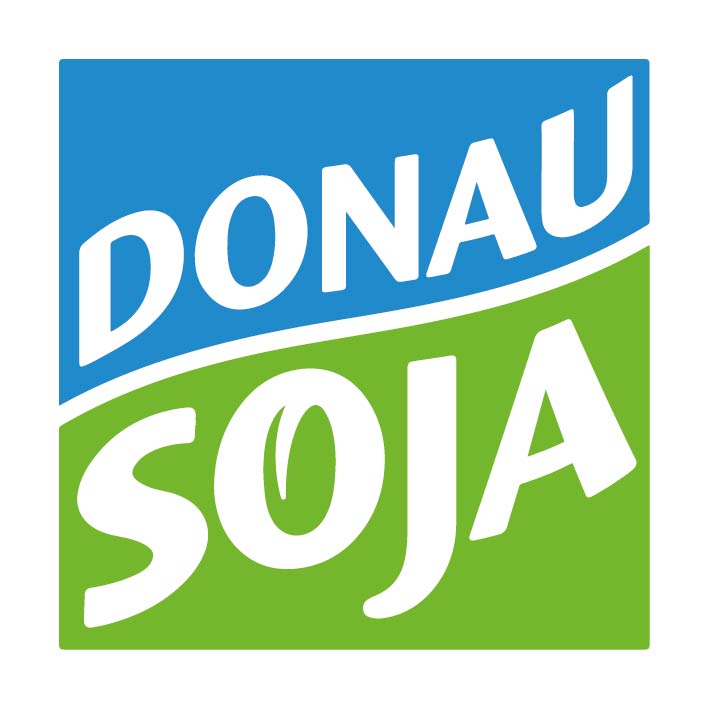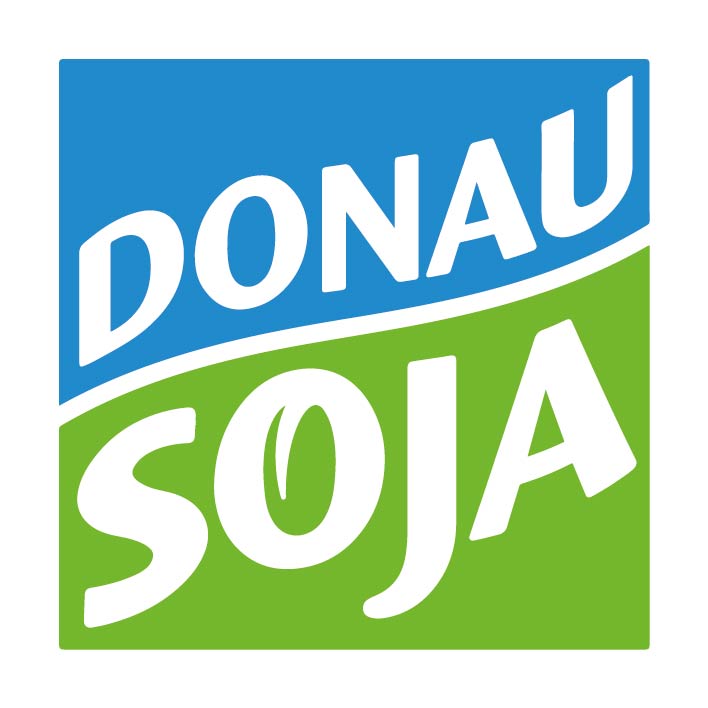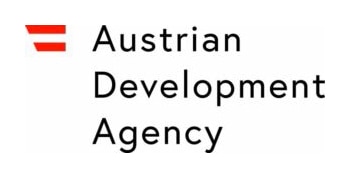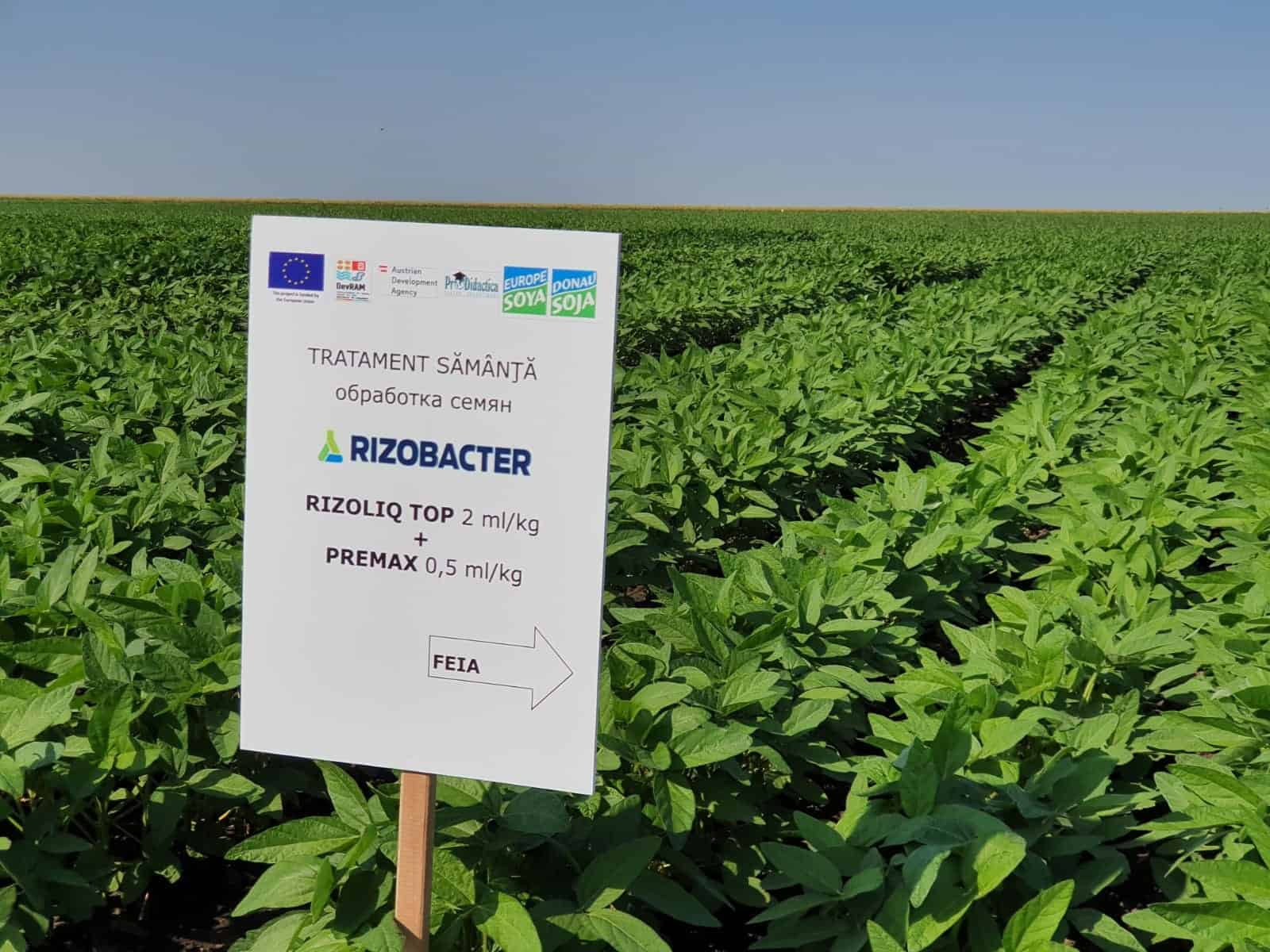COOPERATION BETWEEN THE AUSTRIAN DEVELOPMENT AGENCY AND EUROPEAN UNION
The project aims to increase the competitiveness of the agri-food sector in Moldova through integration into domestic and global value chains, especially in the soya sector.
Together with its consortium partner, the Moldovan NGO Pro Didactica, Donau Soja is implementing a project to increase the competitiveness of the Moldovan agri-food sector, with a special focus on the soya value chain. This EU-financed and ADA-managed project aims to improve existing quality standards, and to strengthen capacities in vocational education and agricultural training.
The project complements the Moldovan component of the regionally-organised strategic partnership between ADA and Donau Soja, which supports the building of sustainable and inclusive value chains for non-GMO and organic soya in Bosnia and Herzegovina, Serbia, Moldova and Ukraine.
ADA has awarded a grant to a project consortium consisting of Donau Soja and the Pro Didactica education centre to implement activities consisting of four components:





